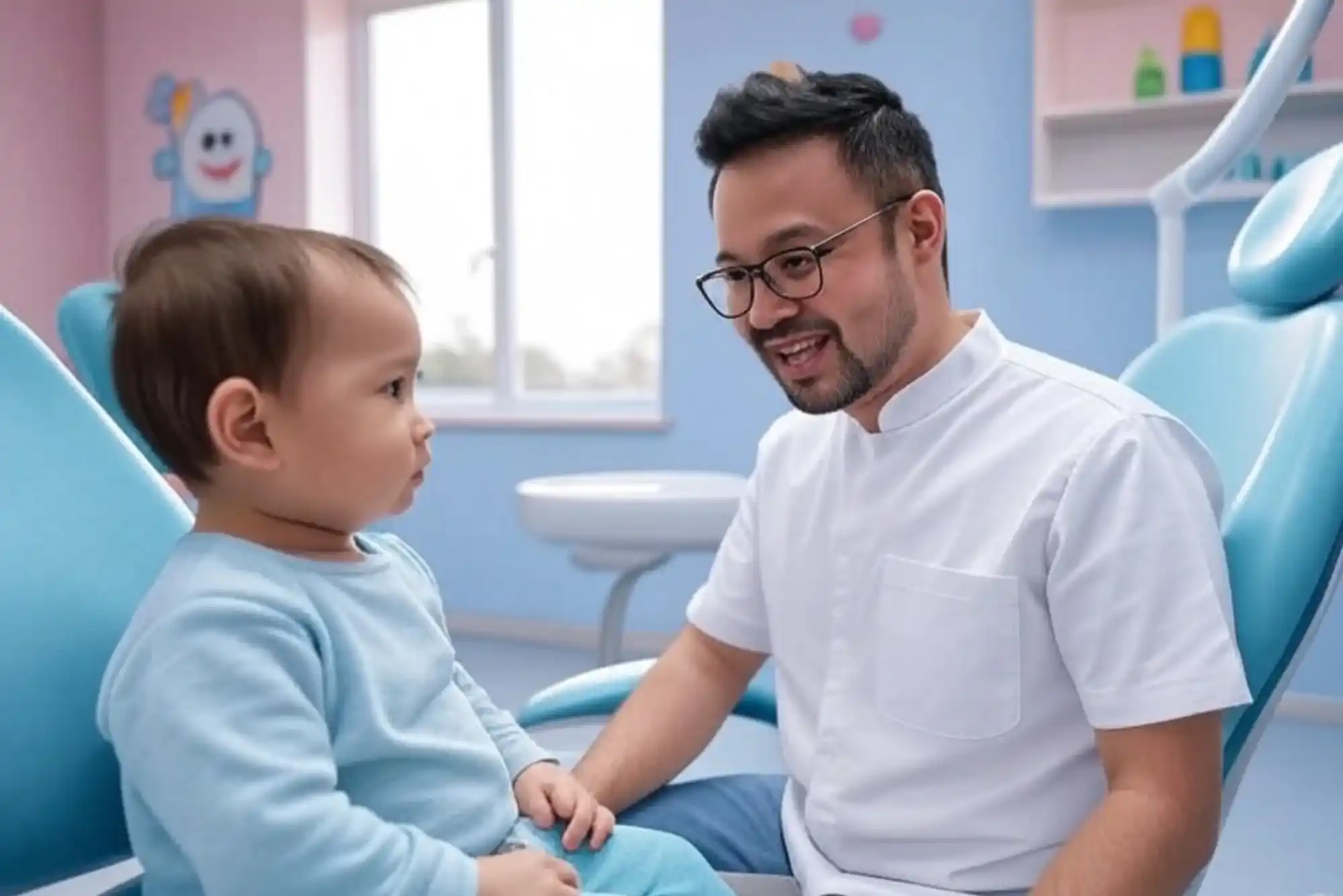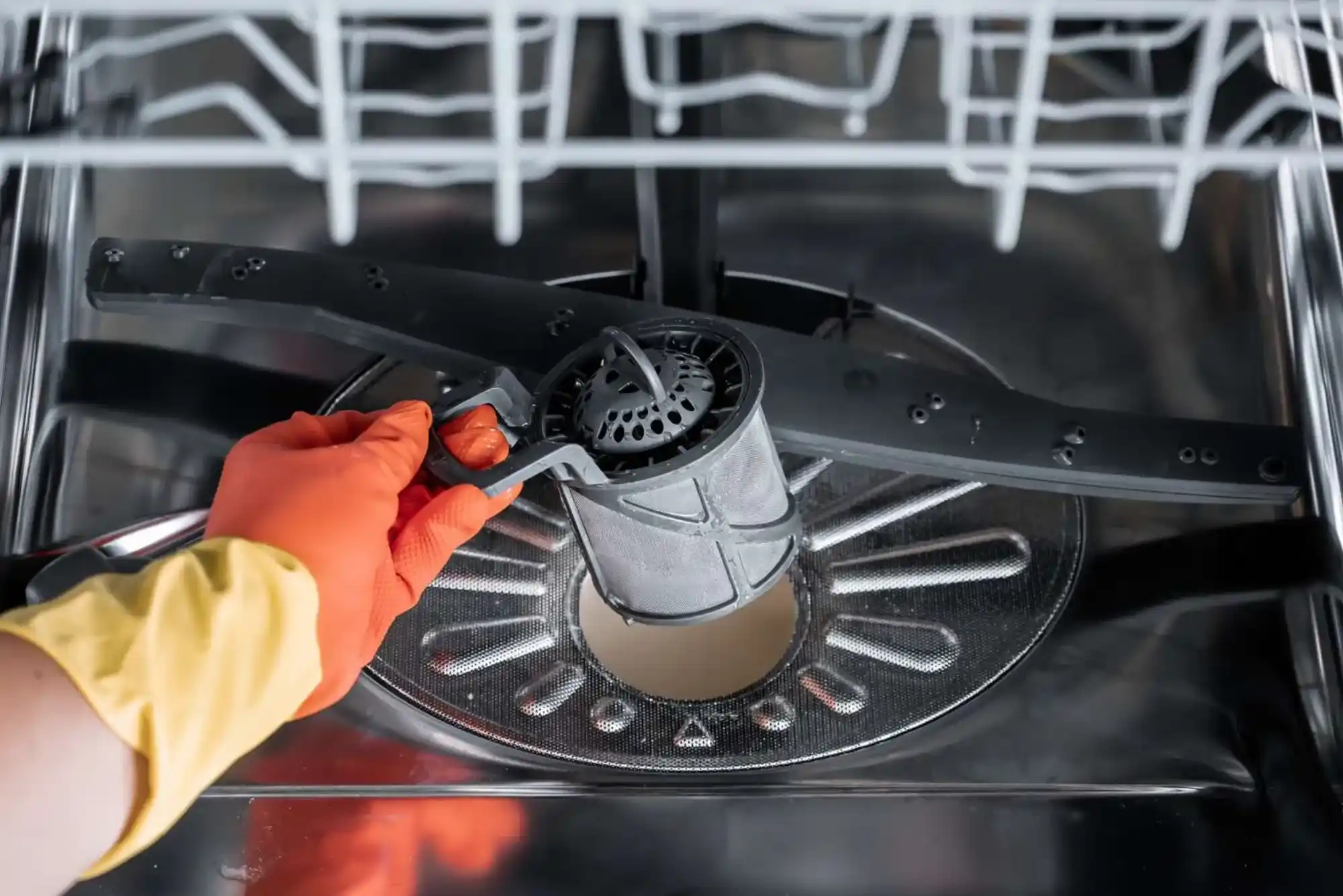When it comes to children’s health, parents are often diligent about regular pediatric checkups, vaccinations, and nutrition. However, one area that can sometimes be overlooked is dental health. Many parents wonder: What age is best for a toddler’s first dentist visit? The truth is, early dental care is just as important as any other part of your child’s healthcare routine.
From the moment a baby’s first tooth erupts, the foundation for lifelong oral health begins. A baby first dental visit is not only about checking teeth but also about educating parents on how to maintain good oral hygiene for their child. It’s a milestone that sets the tone for how comfortable and positive a child will feel about dental visits in the future.
The Recommended Age for the First Visit
According to the American Academy of Pediatric Dentistry (AAPD), children should see a dentist by their first birthday or within six months of their first tooth appearing. This recommendation often surprises parents, who assume dental visits are only necessary once a child has a full set of teeth. In reality, early checkups help detect potential problems before they become bigger issues.
A toddler dentist specializes in treating young children and understands the unique needs of their developing teeth. By scheduling that first visit early, parents can ensure their child’s smile starts on the healthiest path possible.
Why an Early Start Matters
The early years are critical for oral development. Baby teeth may not last forever, but they play a vital role in guiding permanent teeth into place, supporting speech development, and allowing proper chewing. Neglecting early dental care can lead to cavities, which are surprisingly common in toddlers and even infants.
When parents delay the baby first dental visit, they miss the chance to get ahead of potential issues. A toddler dentist can provide advice on brushing techniques, diet choices that impact oral health, and even habits like thumb-sucking or pacifier use, which can affect tooth alignment if left unchecked.
What to Expect at a Toddler’s First Dentist Visit
Parents often worry that a dental visit will be stressful for their child. Fortunately, a toddler dentist is trained to make the experience gentle and positive. The first appointment is usually short and involves very little treatment. Instead, it focuses on:
-
Examining the teeth and gums to ensure they are developing normally.
-
Checking for any signs of early tooth decay.
-
Discussing oral hygiene routines, including brushing and fluoride use.
-
Answering parents’ questions about teething, thumb-sucking, and nutrition.
It’s as much about educating parents as it is about examining the child. By making this visit a calm and reassuring experience, children learn to associate the dentist with care rather than fear.
Common Concerns Parents Have
Many parents ask if visiting a dentist so early is really necessary. After all, baby teeth will eventually fall out. However, untreated cavities in baby teeth can cause pain, infection, and even impact the health of the permanent teeth waiting underneath.
Another concern is whether toddlers will even cooperate during the visit. The reality is that a toddler dentist knows how to engage children in ways that put them at ease, whether through playful explanations, toys, or simply a friendly, calm demeanor.
Some parents also worry about fluoride treatments or X-rays at such a young age. While X-rays are not typically taken at the very first visit, fluoride treatments may be recommended depending on the child’s risk of cavities. The dentist will always explain these options clearly, ensuring parents are comfortable with the plan of care.
Setting Healthy Habits from the Start
The baby first dental visit is the perfect opportunity for parents to learn about proper brushing habits. Using a soft-bristled toothbrush with a tiny smear of fluoride toothpaste is usually recommended as soon as the first tooth appears. By incorporating brushing into a toddler’s daily routine, parents can instill habits that will last a lifetime.
Diet also plays a significant role. Limiting sugary snacks and drinks helps prevent cavities. Many parents are surprised to learn that even fruit juices and gummy vitamins can be harmful to teeth if consumed frequently. A toddler dentist can provide tailored advice based on the child’s eating habits, ensuring parents know what to watch for.
Building Positive Experiences with the Dentist
One of the greatest benefits of an early dental visit is reducing the chance of dental anxiety later in life. Children who see a dentist from an early age grow up with a sense of familiarity and trust. Instead of associating the dentist with pain or fear, they see it as part of their normal healthcare routine.
Parents can help by making the appointment sound exciting rather than intimidating. Simple phrases like “We’re going to the dentist to count your teeth!” can turn the experience into a fun milestone rather than a stressful event.
Real-World Example: Why It Makes a Difference
A mother once shared her story about bringing her daughter to a toddler dentist at 18 months. At first, she thought it was too early, but during the visit, the dentist spotted early signs of enamel erosion caused by frequent juice consumption. With the dentist’s guidance, she adjusted her daughter’s diet and brushing routine. By the time her daughter turned three, her teeth were strong and healthy, with no cavities. Without that early visit, the problem might have gone unnoticed until it became painful and more complicated to treat.
This story highlights the importance of proactive dental care. It’s not just about treatment; it’s about prevention and education.
The Long-Term Benefits of Early Dental Visits
Children who begin dental care early tend to have fewer dental problems as they grow. They’re less likely to need fillings or extractions and more likely to have straight, healthy smiles. Parents also benefit from peace of mind, knowing they are giving their child the best start possible.
Regular dental visits from the toddler stage onwards create a relationship between the child, the parents, and the dentist. This partnership ensures that as children grow, any concerns about braces, wisdom teeth, or oral health changes are managed smoothly and with confidence.
Final Thoughts
So, what age is best for a toddler’s first dentist visit? The answer is clear: by the first birthday or within six months of the first tooth erupting. This early step ensures healthy development, gives parents the tools they need to care for their child’s teeth, and creates a foundation of trust and comfort with dental care.
Whether you’re preparing for your baby first dental visit or looking for the right toddler dentist, remember that these early experiences are an investment in your child’s lifelong oral health. Taking action early means fewer problems down the road and a brighter, healthier smile for years to come.




